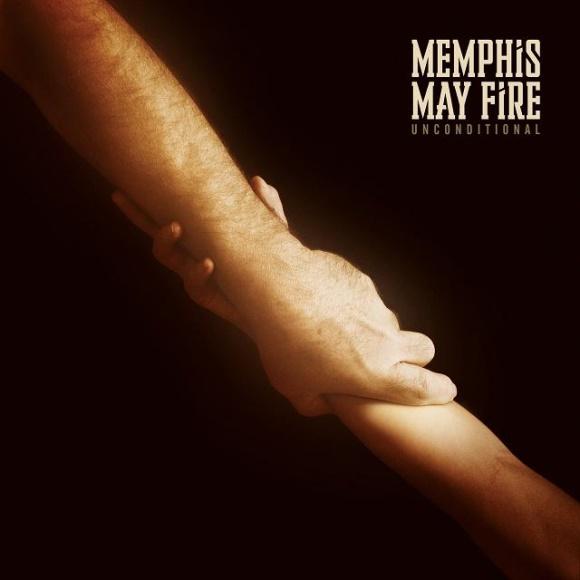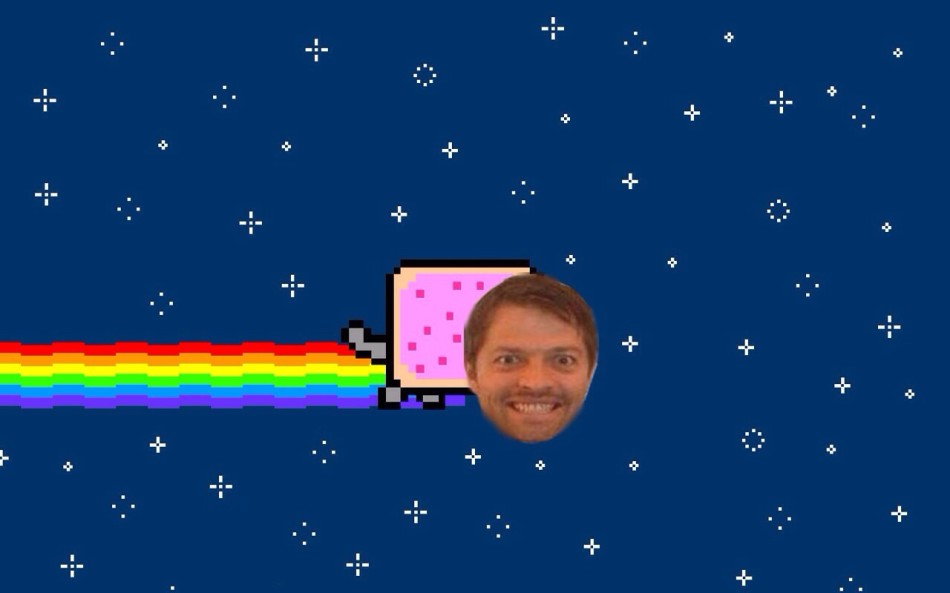Release Date: October 18, 2013
MPAA Rating: R
Director: Kimberly Peirce
Stars: Chloe Grace Moretz, Julianne Moore
Our Rating: B+
As far as horrific stories go, you can never go wrong with a work by Stephen King. King has been famous since the late 20th century for churning out bone-chilling novels such as Cujo and Pet Sematary, and for having his works adapted into various forms of media, such as It (Film, 1990), The Shining (Film, 1980), and the recent 2013 TV series Under the Dome. However, there is one other story that has risen to instant fame since it was released in 1974: Stephen King’s very first novel, Carrie. Since its release, Carrie has been adapted once as a Broadway show in 1988 and also as a film in 1976 with actress Sissy Spacek taking up the titular role. However, with some measure of debate, Carrie has once again been brought to life using the modern marvels of movie magic.
Carrie White (Chloe Grace Moretz) is a shy, awkward teenage girl in high school who is tormented by Chris Hargensen (Portia Doubleday) and her cancerous clique of cold-blooded critics. After an unfortunate incident following a PE class, gym teacher Rita Desjardin (Judy Greer) decides to look after Carrie, seeing as nobody seems to have any real sympathy for her. Carrie’s mother, Margaret White (Julianne Moore), is then called to the school to pick up Carrie.
Upon arriving home, Margaret, who is most likely the penultimate example of religious fanaticism ever written, locks Carrie, who begins to kick and scream at the top of her lungs, into the closet under the stairs (dubbed the “prayer closet”) and commands her to pray for forgiveness. It is in this moment, under extreme emotional duress, that Carrie becomes aware of her telekinetic abilities when she puts a sizable crack in the prayer closet’s door. From that moment on, Carrie actively researches and hones her power without her mother’s knowledge.
Through a complicated series of events, Carrie ends up going to Prom with a popular Lacrosse player named Tommy Ross (Ansel Elgort) only to have a truly appalling prank played on her in the name of revenge. The prank, however, goes wrong and while she’s in a hypnotic state induced by shock, Carrie White massacres most of the people at the event.
The story of Carrie is, by far, the greatest of all “Do unto others…” parables in existence. Carrie White was a tortured soul living with an insane, overzealous mother who thought that Carrie herself was a sin, and one who then went to school and was constantly harassed by a group of obnoxious miscreants and their heartless queen bee. The blame for Carrie’s actions is most properly attributed to the overabundance of stress and mistreatment in her life at the moment. The actual catalyst for her rampage, however, were the later actions of Chris Hargensen herself. Odds are that if Hargensen had never fixated on Carrie as the reason she was kicked out of Prom, everything would have gone smoothly that night; everyone would have been happy, and nobody would have died.
Carrie did, of course, have a responsibility to keep her power in check, but one has to realize that while she was killing off those people at Prom, she was in a state of deep shock. She only came to her senses while standing in the street outside her house. I believe Carrie’s predicament is summed up quite nicely by the final lines of the movie, narrated by Sue Snell (Gabriella Wilde), “Carrie had some sort of power. But she was just like me… like any of you, she had hopes, she had fears, but we pushed her. And you can only push someone so far before they break.”
As a story, Carrie was gripping and bone-chilling. However, as a “horror movie,” Carrie was not very effective at garnering the fear or paranoia that most other films induce within the audience. Therefore, while it was a wholesome and great work, it does not fit the genre it has been placed in. Although I highly suggest this film for the sake of plot and entertainment, I cannot suggest it as an enjoyable horror movie.







